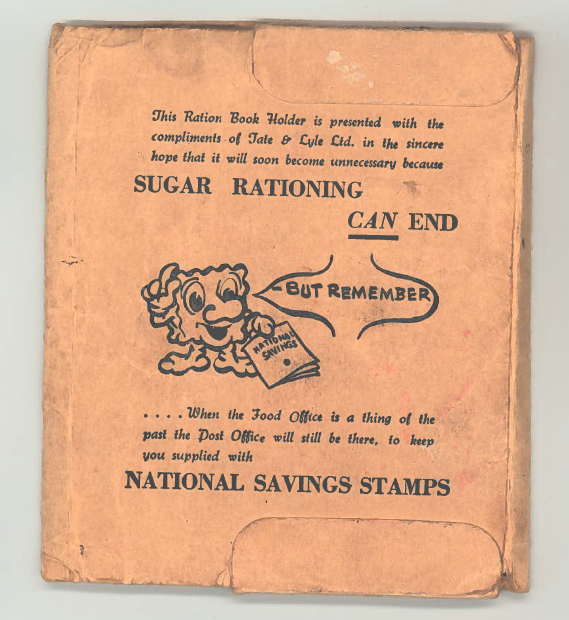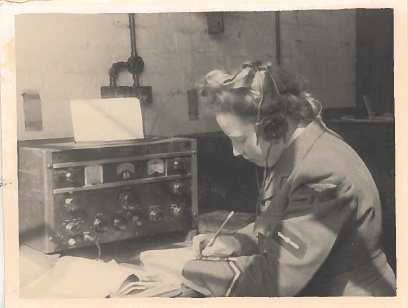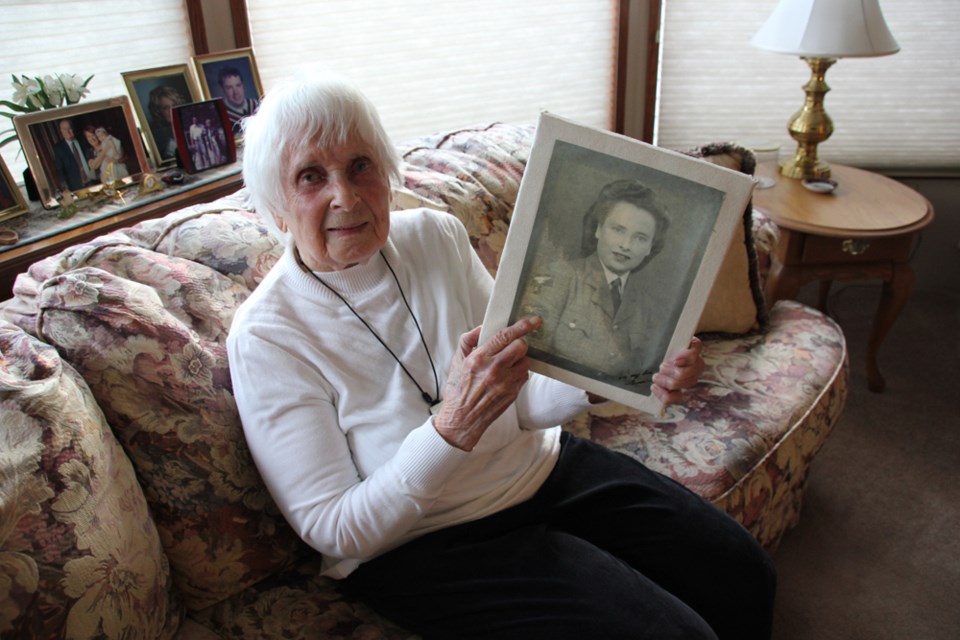Even once Gwen Taylor was demobilized from the Royal Air Force, she continued to practice her signalling — tapping in Morse code through church services and while driving, translating everything into a pattern of dots and dashes.
Taylor was 14 years old when she dropped out of school and joined the air cadets in England. That's when she first started learning Morse code — a skill she still knows as a 94-year-old veteran.
"It was very difficult at first, but I just loved it," Taylor said.
At 17 years old, the teen — then going by her maiden name of Sollars — joined the Women's Auxiliary Air Force, and trained to be a wireless operator. Her sole mission was to excel at Morse code. Over the years, she was able to signal up to 22 words per minute, which she used to communicate ground-to-ground, overseas or to flying pilots.
Often, she would be the last person to communicate with pilots before they died.

"[Winston] Churchill was asking everybody in England to do their best for everything, to try and win the war," Taylor said. "Little did I know I was going to be getting any real air force [experience] or that I would stay on so long."
For Taylor, joining the war effort so young wasn't just at the request of the British prime minister. Taylor's father died when she was only one year old, from the effects of mustard gas. He'd served in the First World War.
"We were always thinking about the First World War," Taylor said. We thought there was going to be no more war."
By seven years old, Taylor and her three siblings were orphaned and split up. She went to live with an aunt and eight other children. Her aunt became known for her refusal to put a bomb shelter in their home. Instead, they'd dodge shrapnel on the way to the community shelter or, if there wasn't enough time, hunker down under the staircase.
After completing her wireless operator training, Taylor was stationed in Gloucester. As the first woman in the signals cabin, she was placed in a nearby family home and stayed in the bedroom of a soldier who was serving in the war. Since Taylor had a keen mind for math and had been one of the top students before she dropped out of school to join the war effort, she would tutor the family's young daughter. Taylor remembers when the soldier whose room she was staying in finally came home on leave after two years. As Bernard Taylor walked in the door, neither knew they'd be married years later.
At the time, she didn't give Bernard much thought. When asked what she first thought of the man who would become her husband, Taylor said she was much too focused on her Morse code.
At the time, she was working up to 10 hours a day. Then, she left Gloucester to do more training, increasing the speed of her Morse code, while he returned to serve at sea. They wrote letters to each other to stay in touch.

They married after the war.
When the war was over, as a wireless operator, Taylor was one of the first to know. She and the others serving in the signals cabin found out the day before the war was declared over, but she said they were under strict orders not to tell anyone. They celebrated with drawn curtains, as they remained under blackout orders.
"When the war was over, oh my goodness, they were dancing in the streets," she said. "All the lights went on."
Eventually, Taylor, her husband and their three children moved to Canada in 1956. Two of her brothers (one a former prisoner of war) lived in Portland, so the Taylors chose nearby B.C.
In 1981, Taylor and her husband moved to Squamish, following their daughter Joy.
Here, they opened their own business: Highland Videos. It would be the first job for some of their grandchildren, as the family-owned the store for 18 years.
These days, Taylor still finds herself tapping out Morse code, even if no one else near her understands it.
"I think I'll always know it," she said.




